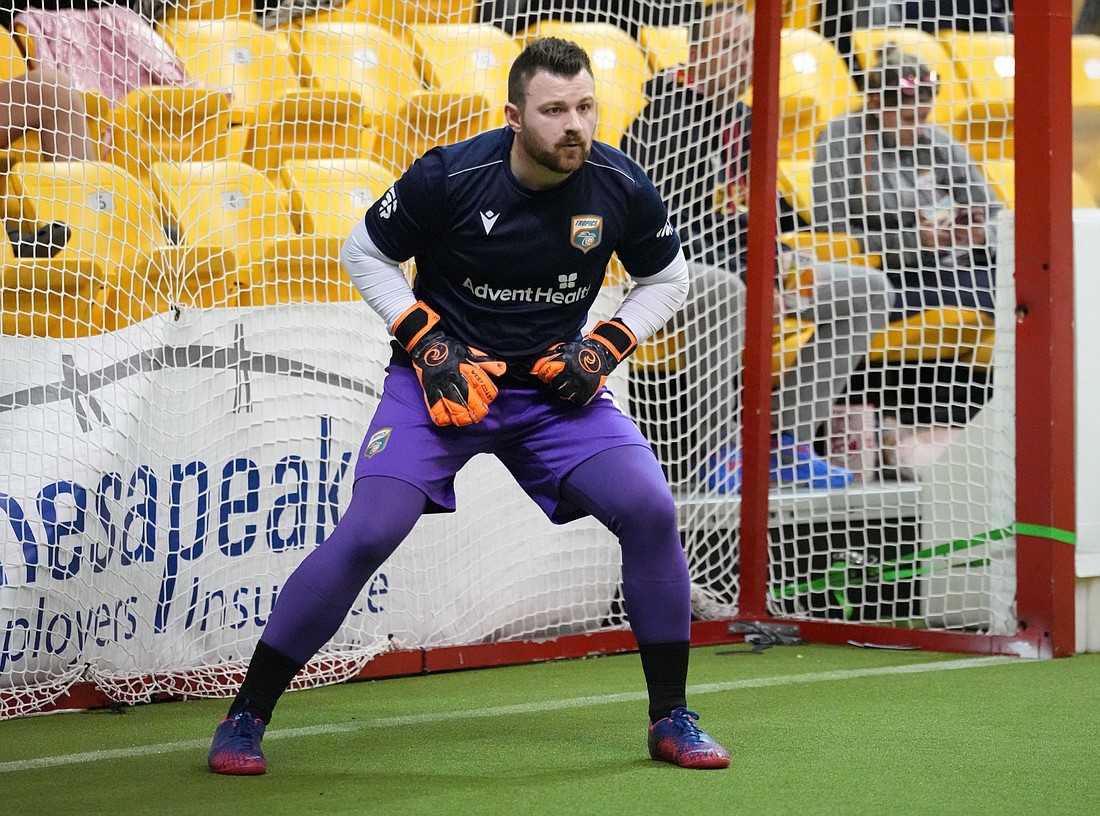- December 15, 2025
-
-
Loading

Loading

Executive: Chris Frederick. The co-founder of WiFi Money, a social media marketing company, Frederick, 29, and his business partner Alex Moeller help companies attempt to go viral on the Internet via Instagram and YouTube. Frederick and Moeller launched the company during the pandemic, when many brick-and-mortar businesses were struggling to adapt to new economic realities. They say they’ve worked with more than 5,800 entrepreneurs and businesses during that time — one of their biggest local success stories is The Cake Girl, a Tampa bakery that has seen its revenues skyrocket thanks to customers who double as influencers such as talk radio host Glenn Beck and Tampa Bay Buccaneers running back Leonard Fournette.
Diversion: Soccer. Frederick, a goalkeeper, played soccer at the collegiate level but dropped out of school because, he says, he was making so much money from his entrepreneurial ventures in online marketing. His interest in playing professional soccer didn’t wane, however, and he wound up meeting with an agent who helped him land a contract with a club in Germany, where he played for four years. But he continued to dabble in business and soon enough realized he had to make a choice.
“I was in the middle of the pack as a soccer player,” Frederick says. “I wasn’t making millions. So, I stopped playing and business just took off. My business partner and I bought a jet, with cash, last year for my birthday. We put our WiFi Money logo on it.”